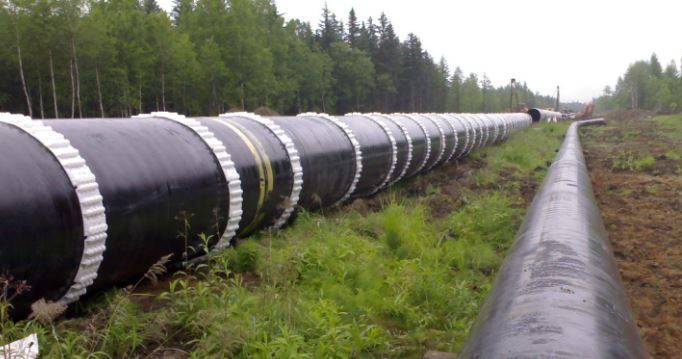If you own a home with a pipeline running through it, you are responsible for understanding its risks and responsibilities. In some cases, you may be responsible for maintaining the property's surface to prevent damage to the pipeline. Additionally, you can request information from the pipeline company about emergency response plans and their safety practices. Here's what you need to know about the pipeline on your property.
Understand Building Agreements
Unfortunately, there are no standard right-of-way agreements when constructing a pipeline on someone's property, and the width and terms of the right-of-way vary depending on the property. Typically, when a pipeline is built, the company obtains a contract with the property owner, which allows the company to use the land. However, there are times when pipeline companies may use eminent domain to force the landowner to allow the pipeline on the land if negotiations fail.
Educate Yourself on What You Can and Can't Do
Whether a pipeline is newly built under your home or has been there for a while, educate yourself on what you can and can't do. Typically, companies will prohibit the construction of permanent structures like swimming pools, patios, fences, and anchored play equipment. These pose a potential risk of damage to the pipeline and interference with the company's ability to inspect and maintain it.
Learn About What The Pipeline is Transporting and Safety Protocols
Pipelines are a common way of transporting natural gas, oil, and other hazardous materials. If they run correctly, they shouldn't pose too much of an issue to you or your property, but it's important to ensure they are adequately maintained and inspected to prevent accidents. Unfortunately, these pipelines have caused roughly 300 explosions in recent years, causing property damage, injuries, and, in extreme cases, fatalities. Take an active role in learning about the pipeline on your property, what it is transporting, and the safety protocols being taken.
Know Your Rights
The pipeline company is legally obligated to operate safely and comply with federal and state regulations. Part of this includes regular maintenance, inspections, and repair when necessary. Request information and find out when inspections are performed and how frequently. Additionally, talk to the pipeline company about its emergency response plans and formulate your own in case of a pipeline-related accident.
Document Everything in an Emergency
In an emergency, document everything, from damage, potential negligence, required medical care, injuries, etc., as you will likely be able to pursue legal action. Document evidence that the company didn't follow required protocols such as regular inspections, ignoring your concerns, not repairing the damage quickly enough, or anything else that could have prevented the accident. In that case, your lawyer will help you navigate the legal process.
If you or anyone on the property is injured, ensure you have documentation proving a pipeline-related incident caused it. Additionally, it may be necessary to claim social security disability insurance (SSDI). In that case, SSDI benefits need documented medical evidence of symptoms that have lasted or are likely to last a minimum of 12 months or will result in death either due to the disability or complications it will cause.
Hope for the Future
Dealing with a pipeline under your property can be incredibly stressful, but hopefully, will not be a concern forever. In 2017, the global solar market grew by 29.3%, which will only increase. As more sustainable energy sources become common, the need to extract, transport, and use fossil fuels should lessen. They are associated with environmental damage like climate change, pollution, and habitat destruction.
If you're dealing with a pipeline under your property, take the time to learn about what it's transporting and the pipeline company's safety practices. Take action if you notice anything concerning, like unaddressed damage or not performing regular inspections. Know your rights, document everything, and learn what is required of you as the property owner to keep you and your loved ones safe.

